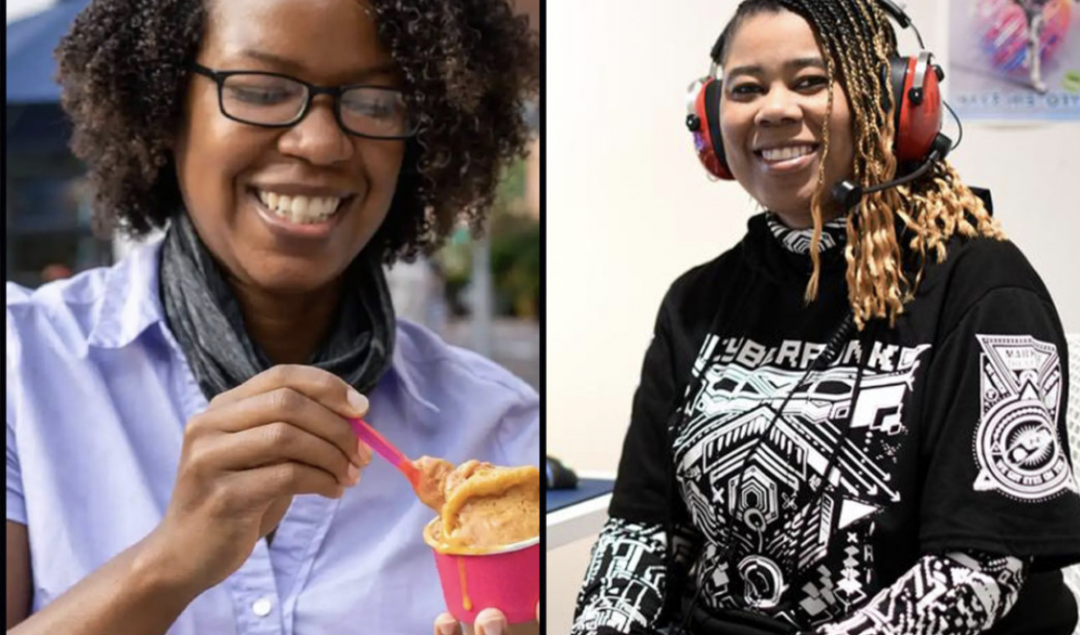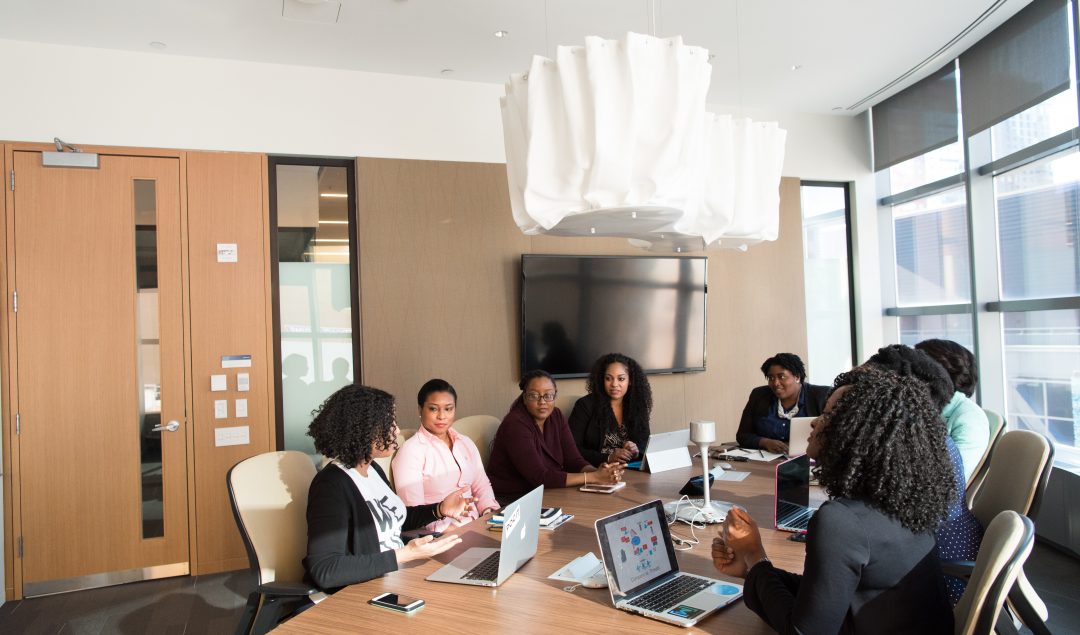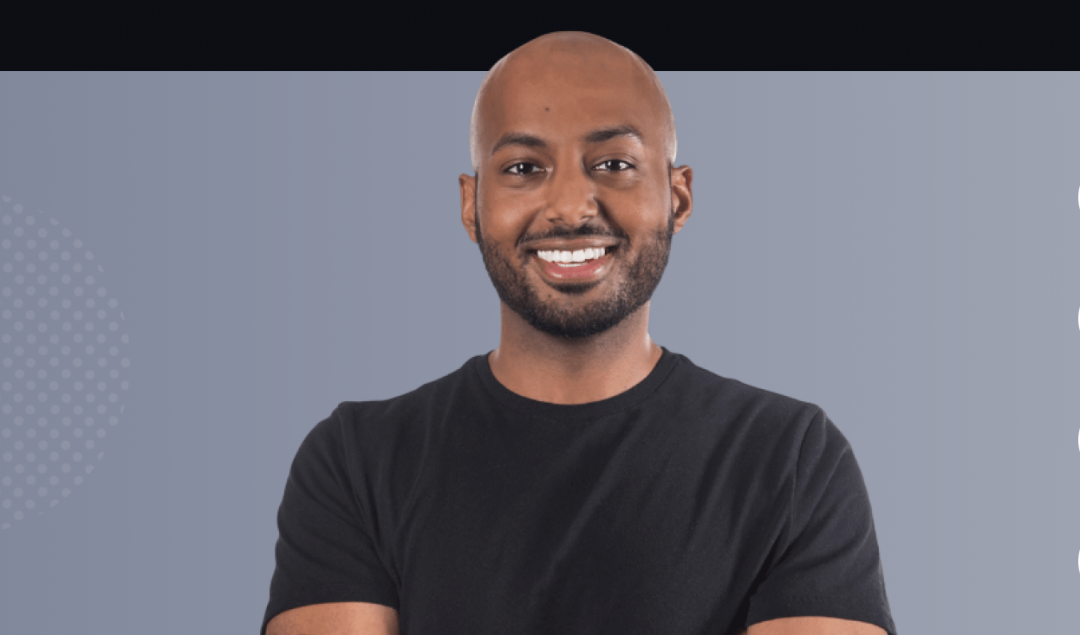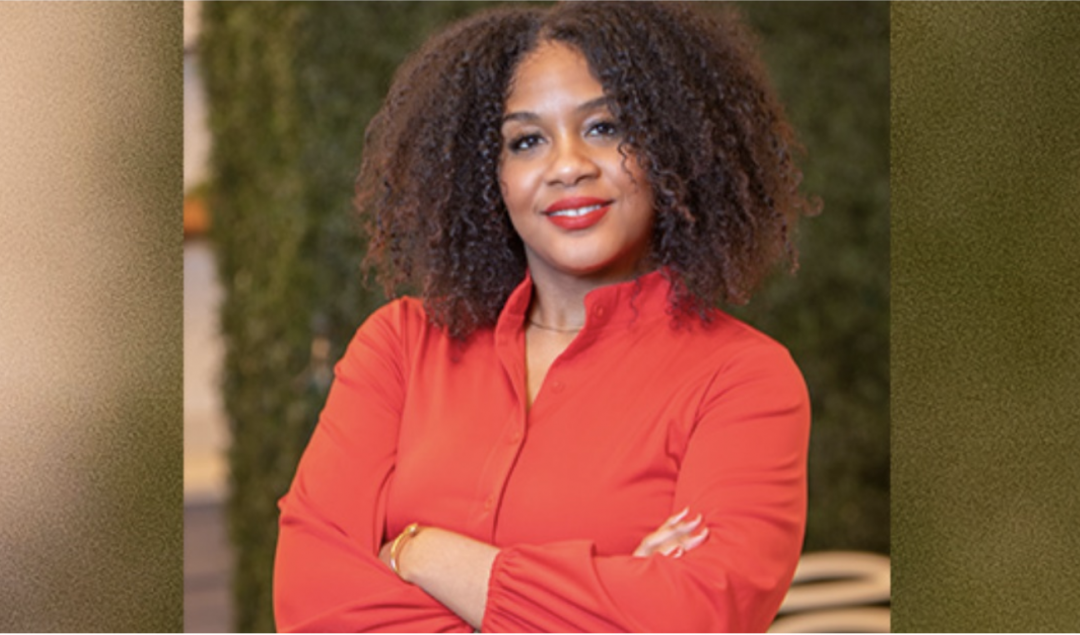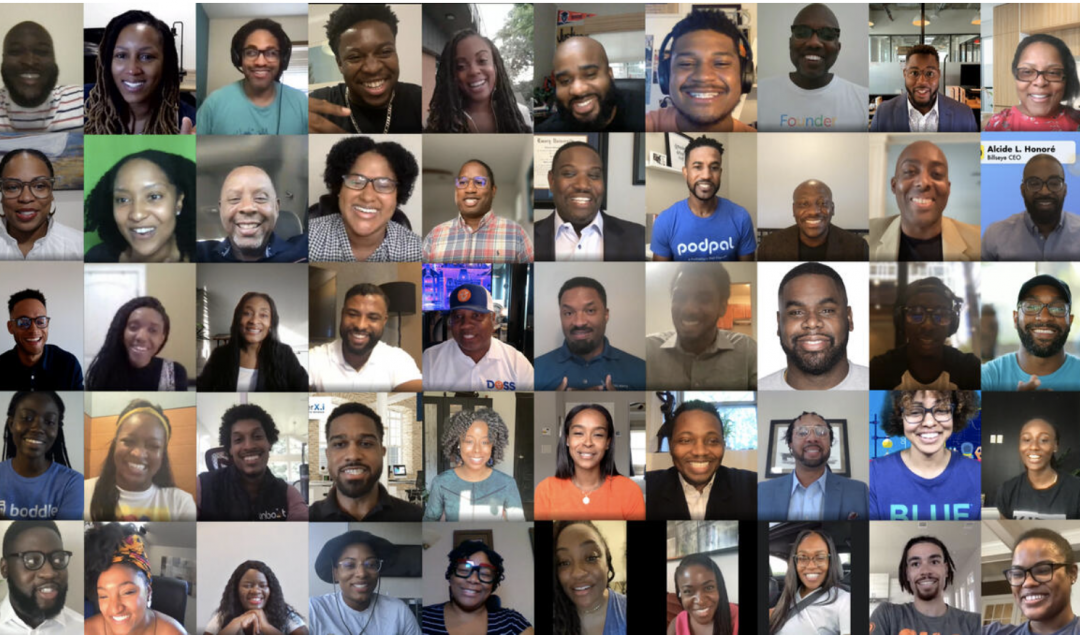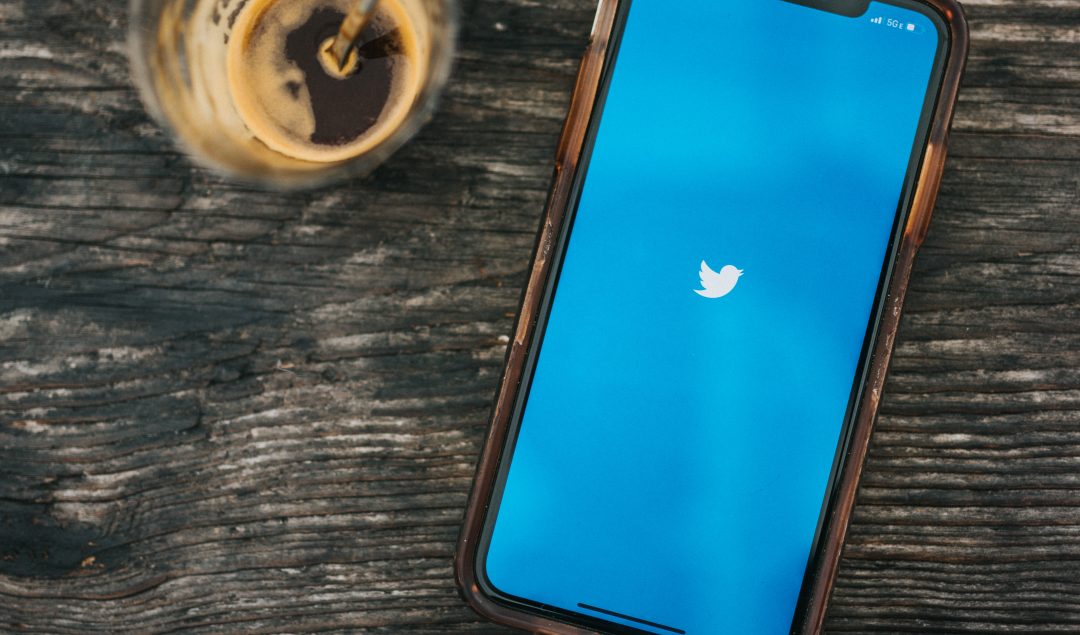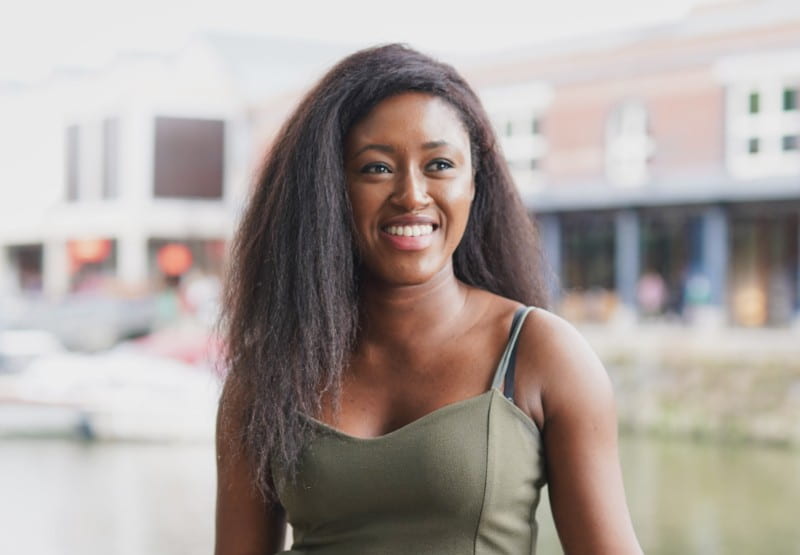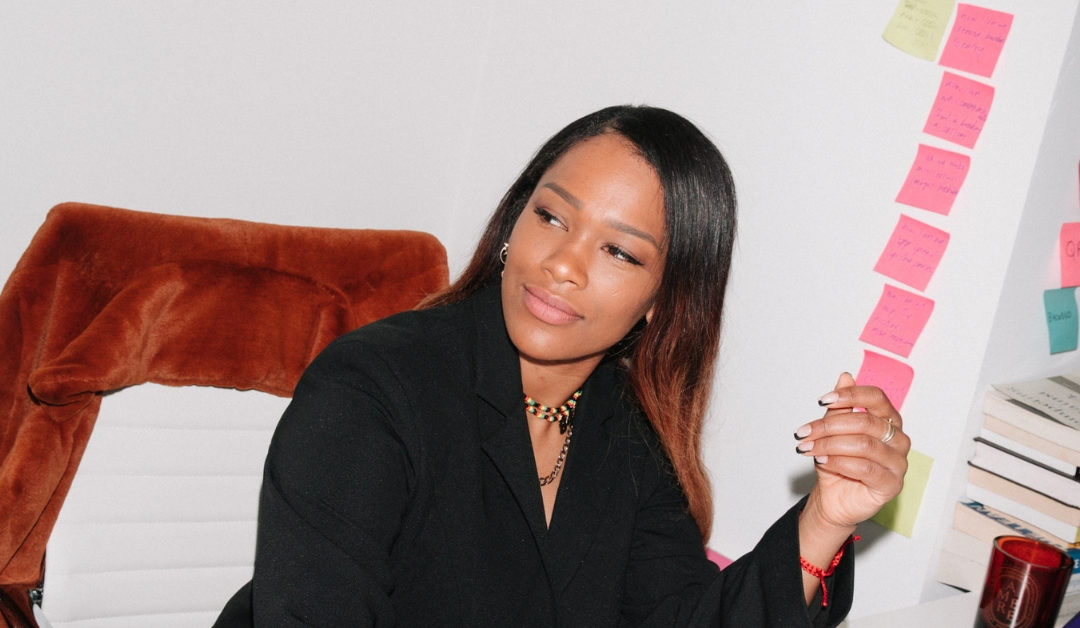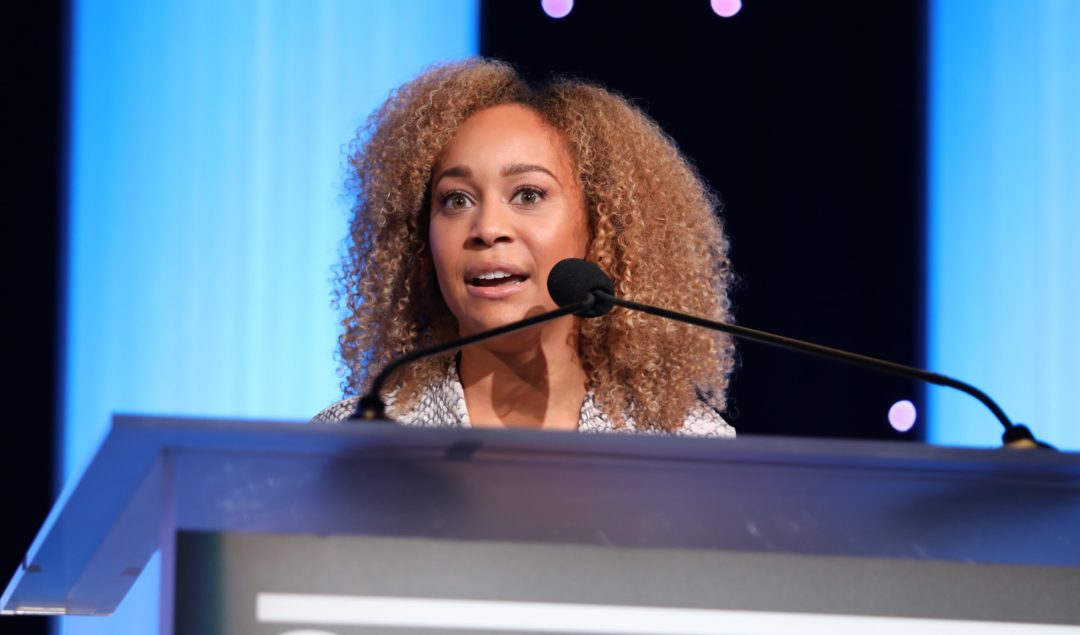Three Black founders have walked away with enough money to make their businesses flourish after the largest Black, Indigenous, and People of Color (BIPOC) entrepreneurial competition in the nation picked them as winners. This is the fourth annual competition where five companies received $1.2 million in financial support. Metropolitan Economic Development Association – also known as Meda – was founded by a group of Minnesota business leaders looking to attack inequity within minority communities in the state. “Meda operates a growing Community Development Fund Institution (CDFI) that provides needed capital for BIPOC businesses
Black-led Investment Bank, Loop Capital, Partners With Goldman Sachs To Help Close Racial Wealth Gap
Black-led investment bank Loop Capital and Goldman Sachs have just announced a partnership to launch a new money market fund that will benefit Black women pursuing careers in STEM. The two money market fund share class offerings will be available exclusively to Loop Capital and Goldman Sachs clients, and a portion of the revenue from the share classes will go to causes that impact increasing racial equity, according to a statement. The Loop Capital share classes will be offered as part of the Goldman Sachs Financial Square Government Fund and
Citi has announced its next round of investments through the Citi Impact Fund, a $200 million fund launched last year to invest in companies that are addressing some of the biggest societal challenges. Daylight, Flume, and Stackshare are among the list of companies included in the round. This brings the Impact Fund’s total number of investments to 23 companies – more than half of which are founded by women and/or minorities. Ed Skyler, Head of Global Public Affairs at Citi, said: “The portfolio of the Citi Impact Fund keeps growing as we continue to
Elizabeth L. Carter, Esq., LLC, a Black-owned securities law firm, has just launched a legal fund to support Black businesses that plan to raise capital through crowdfunding campaigns and other means. Ms. Carter, whose firm created the #BlackCapitalMatters Gift Legal Fund, is seeking corporate and individual contributions to the fund, which will help subsidize securities legal services for Black-owned businesses. It will also allow the firm to provide legal support at below-market-rate so that more Black-owned businesses can combat the disparities in investing that they often face. Black-owned entities, including businesses, nonprofits,
Google for Startups has announced the next 50 recipients of its Black Founders Fund, unveiling the next slate of trailblazers who will be receiving $100,000 in non-dilutive funding. This is the second batch the giant tech firm has supported. All 126 of them hail from all over the United States, including Georgia, Texas, New York, Alabama, California, Massachusetts, Pennsylvania, Florida, Hawaii, and Missouri. Last year, Google for Startups gave 76 Black-led startups up to $100,000 in non-dilutive funding – meaning founders did not give up any ownership in their company in exchange for
Black Tech Twitter is good for many things – from shining a light on the rising talent in the sector, helping members of the community land their dream jobs, to updating those who are keen to get into the industry on the latest events happening around the globe. But one thing it’s increasingly becoming well-known for is being a safe space to ask for advice and get “absolute gems” in return. Here at POCIT, we’ve broken down some of the latest advice from Black Tech Twitter this month. Just go
Barclays Eagle Labs has partnered with Foundervine [CEO Izzy Obeng pictured] to launch its second 12-week virtual accelerator program designed just for Black-founded early-stage tech businesses. The program, which officially kicks off on November 22, was created to help new startups founded by one or more black entrepreneurs access resources to help them with sales strategy, operations, product development, and leadership. According to Barclays, applications are now open for the Accelerator to UK-based digital and tech start or scale-ups with a “minimum viable proposition for their business and with one or more
The last few weeks (but really years) have been nothing short of emotionally challenging. In between bouts of deep sadness and profound rage, I’m a confused mess. It hurts deeply to care so much about a world that’s not designed to promote the prosperity of Black people. While I’m consistently proud of (and enamored by) the resilience of our community throughout history, I often wonder about the amount of violence a community of people can endure before the damage is irreparable. I frequently worry about the collective psyche of oppressed
If any of you are unfamiliar with the lyrical genius of Craig David, please click the link and make your self-isolation a better place. (and this blog post makes sense!) “Got the information on Mondaaaaaay” Purely through chance, I sent my monthly investor update on Monday 9th March, on the eve of the Week of Realisation about the Coronavirus crisis. I signed off my usual SUPPORT section with a simple question: Almost immediately, several investors responded with variations on the following; So I paused all planned work for the day
Arlan Hamilton — founder and managing partner at Backstage Capital — summarized best why investing in Black Female Founders (BFF) isn’t just important, but could produce high yields: “Less than 0.2 percent of all early-stage venture funding goes to Black women, while we make up approximately 8 per cent of the U.S. population and are one of the fastest-growing entrepreneur segments in the country,” Arlan wrote. “It is my firm belief that because Black women have had to make do with far less for centuries, equipping them with early-stage capital that is

